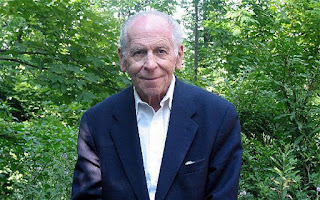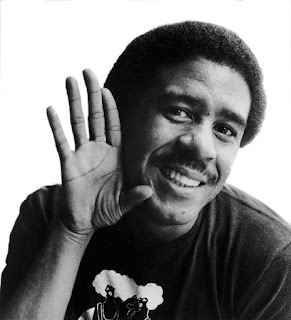I'm still adjusting to the desires of my audience. Writing total smut with the barest consideration of plot or character development may be their foremost desire. The expectations are severely lowered in this context, far below what we might consider high-brow, or even middle-brow entertainment and high standing. Writing a short story for serious publication requires lots of things: a lucky break, a foot in the door, a chance to excel and impress. Being good at what one does is not enough.
This is not exactly
that.
In that universe, the competition is incredibly intense, at times hopelessly elitist. Erotica often caters to an audience that wants sexual titillation only, with no need for gussied-up flourishes. Defining what erotica even is can be tricky. To some, it's nothing more than glossy pornography, a means to an end. To others, it's a misunderstood art form. I've always found that the brain itself is more sensuous an organ than the genitals, but whether others buy into that theory remains to be seen.
My first story in a now four-part series continues until I get totally bored with it. The process started off well. The hit count of subsequent posted stories have slacked off tremendously. My first won slightly over 10,000 hits in ten days of publication. The second received roughly half of the first. The third has plateaued somewhere between 2,000 and 2.500. And the fourth, posted only this morning, has reached slightly over 2,000 hits thus far.
I am too much of a polished writer to produce purely gratuitous content, no matter how much the audience wants it. I write for people who like to think. I draft, construct, and revise stories for those who desire being challenged from a psychological and intellectual standpoint. That said, I'm not out to impress anyone with multiple six-syllable words, sentences that fill up a whole paragraph, or a command of a foreign language. Such stories tend to bore and alienate me, so I deliberately don't put my audience through the same labors. It's only fair.
Many of my stories revolve around mind control and fantasies of physical transformation. If I were to psychoanalyze the reasons why, I could come up with a few good guesses. Dealing with years of chronic illness has routinely left me feeling out of control and in significant pain. Those fears, given a very different content, routed much differently, can turn to sexual desire without much effort. I process the problems I can't fix myself by channeling them through the lens of sexuality. If my hit count proves anything, it makes a strong case that I'm not the only person to feel this same way.
The bisexuality and gender dissonance that torments me, but that I have never exactly tried to hide, is still another explanation. Though it may be difficult to explain, I recognize that I was born a man, even though I've never totally felt like one. Though it is currently a polarizing and controversial topic in today's discourse,
transgender has never been a label I've claimed for myself. Worrying about bathroom access is petty politics, barely scraping the surface, educating almost no one. I have no opinions because I'd rather communicate on a much higher plane.
Undergoing transition is not an option I wish to pursue, but I know that I'll always have a love/hate relationship with masculinity. My characters, male or female, are often placed in situations that they cannot undo, problematic circumstances with no clear path to resolution. Pain becomes catharsis, or at least that's the intent.
Writing from a woman's perspective used to be difficult, but now it is easier. In fascinated curiosity, I've examined what might be called women's ways. The pertinent parts that spoke to me have been memorized and incorporated wholesale into my identity. I won't say that I write with total confidence, raised as I was in a male body, responding as I did to the world of other men. But for someone who is largely self-taught in ways that often get pigeon-holed as pertinent only to women, I'm proud of my progress.
Moving on, I find I have two major challenges as a writer. One of them is being comfortable with expanded and extended dialogue. I am much more interested in the progression of the story, the psychological underpinnings and inward conflicts that hold it together. Yet, I must admit that verbal communication is essential to convey every interpersonal relationship. Eliminating or downplaying conversations between two people is a dodge, no matter how artful.
The second challenge is writing outside of my own first-person perspective. Inevitably, my stories start with a single character speaking as much to himself or herself as the audience. This protagonist experiences life as it happens, only glancing back into the past when it's absolutely necessary. He or she is a storyteller by nature. All action and significant plot twists are viewed first through his or her eyes. I've never felt especially comfortable writing in third person. The ghost in the machine effect, in my opinion, distances the reader from the writer. I want my audience to feel at home within the narrative, not held aloft by someone else's superior knowledge and judgment.
I've learned from this process of crafting erotica. These stories reflect greater seasoning and maturity. Progress has been made. But I am not yet satisfied, nor do I ever intend to be so. Athletes wear out with time, but writers and thinkers hone their craft throughout a whole lifespan. May it be so for me, too.











